
All Resources

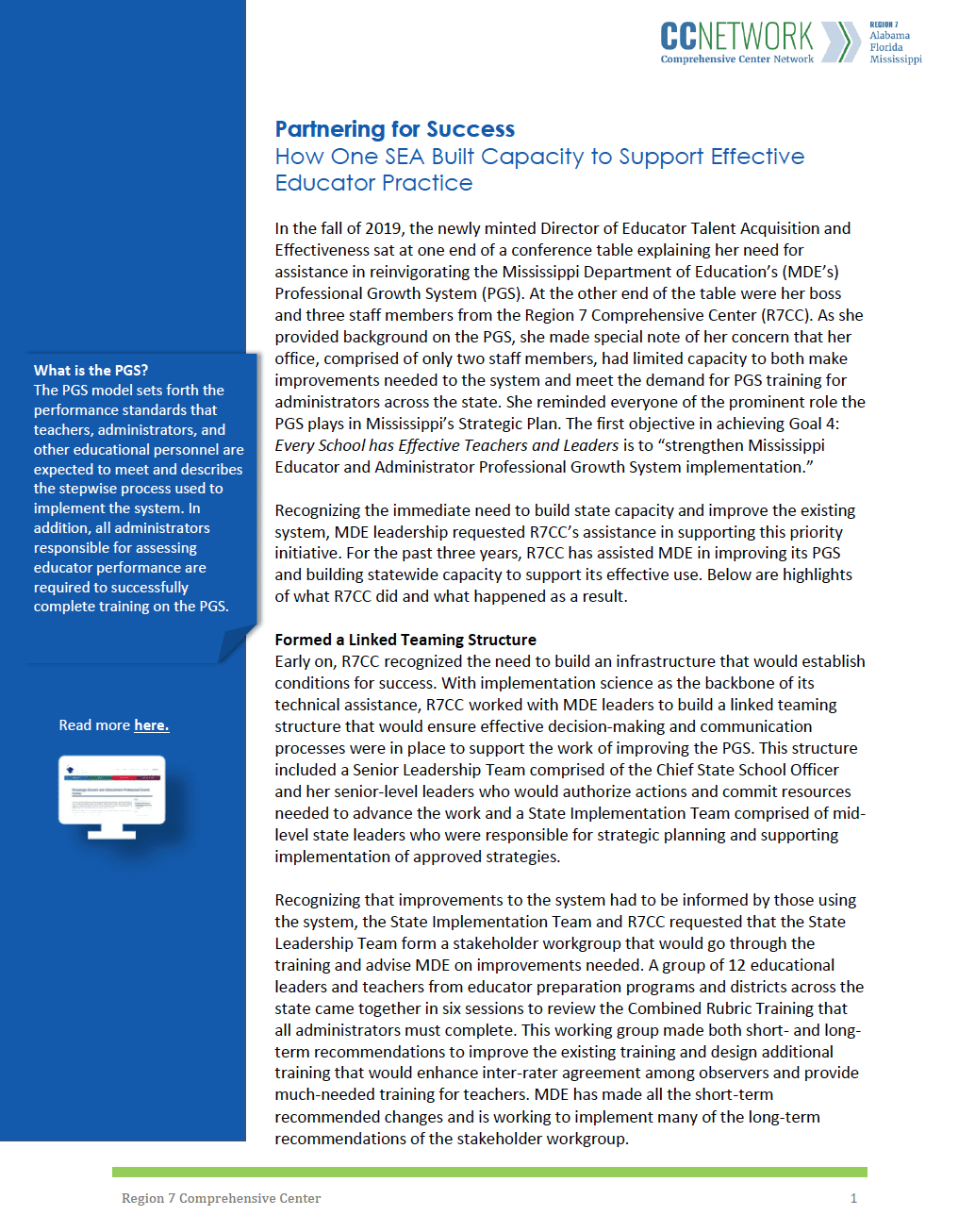
Partnering for Success: How One SEA Is Building Capacity to Support Effective Educator Practice
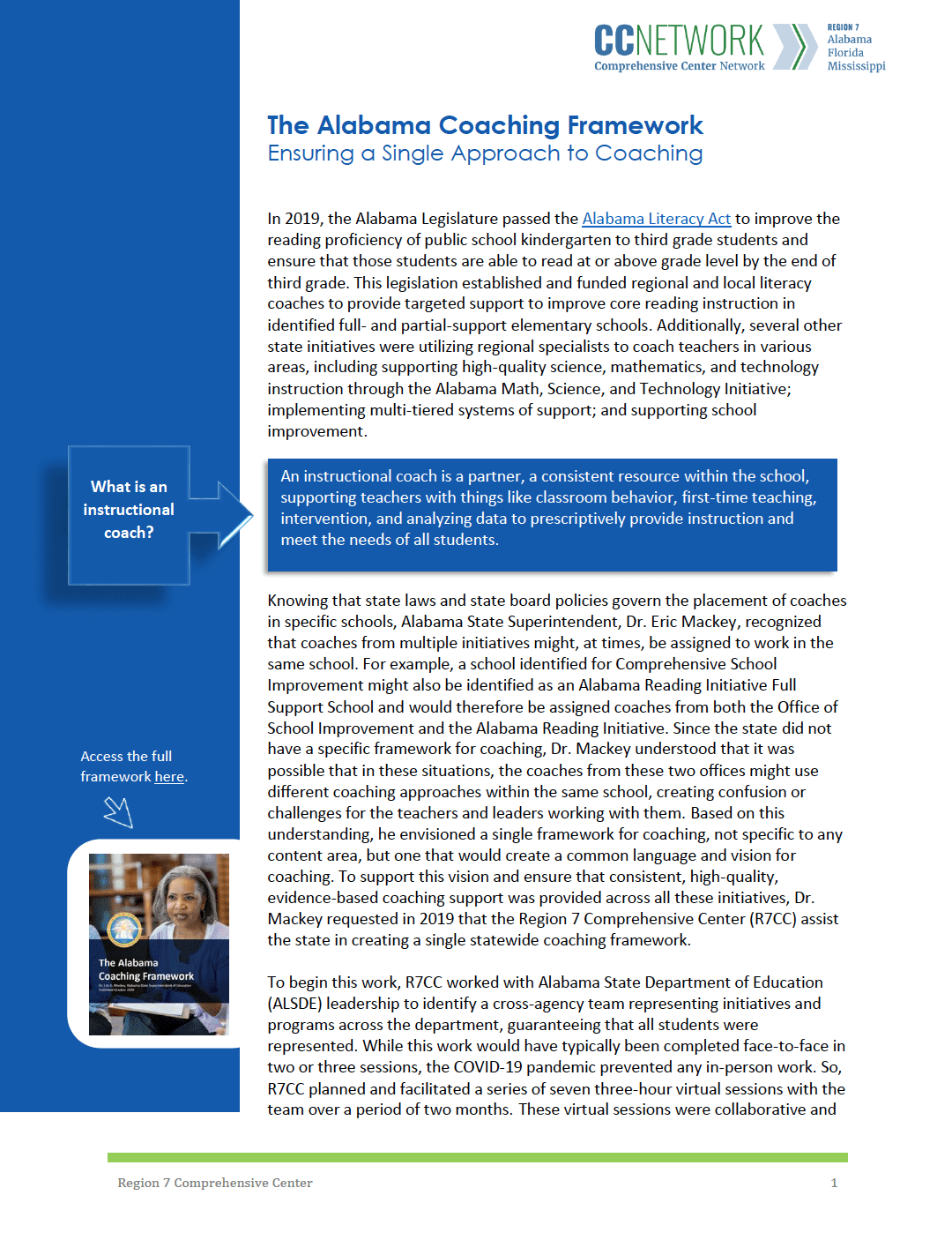
The Alabama Coaching Framework: Ensuring a Single Approach to Coaching
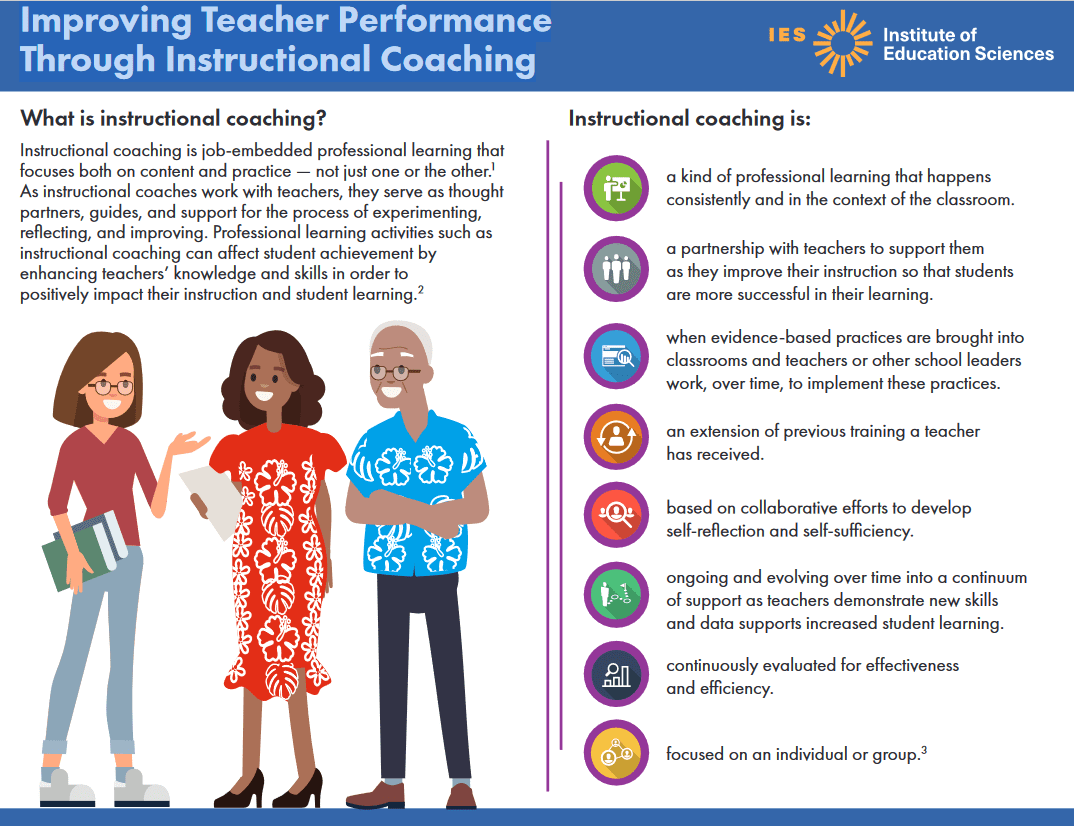
Improving Teacher Performance Through Instructional Coaching

Reading Rockets Summer Reading
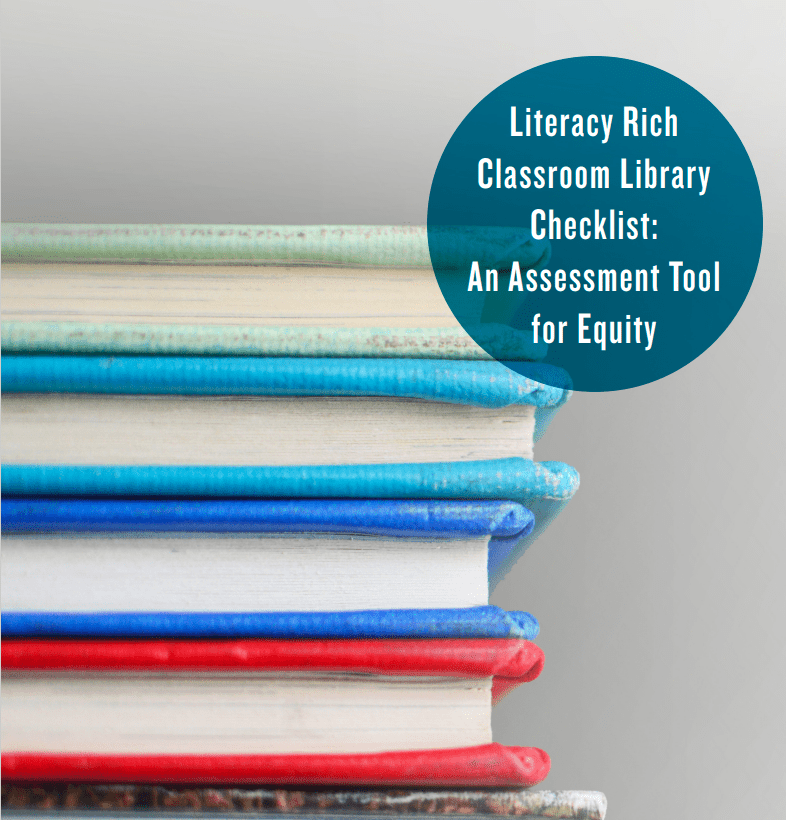
Literacy Rich Classroom Library Checklist: An Assessment Tool for Equity
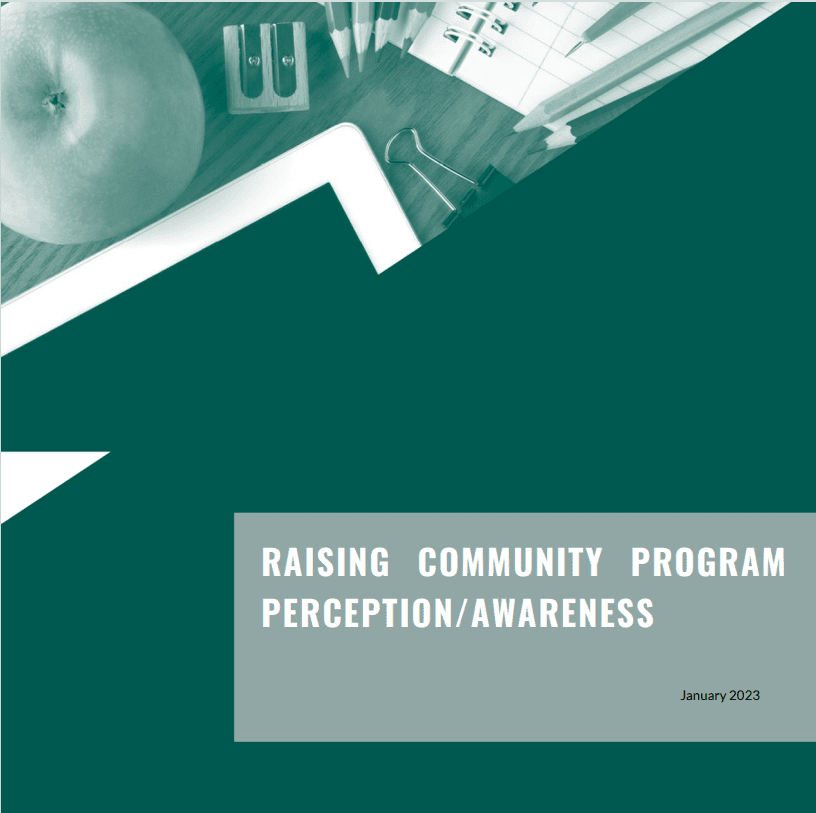
Raising Community Program Perception/Awareness

Webinar: Solving the Teacher Shortage Challenge
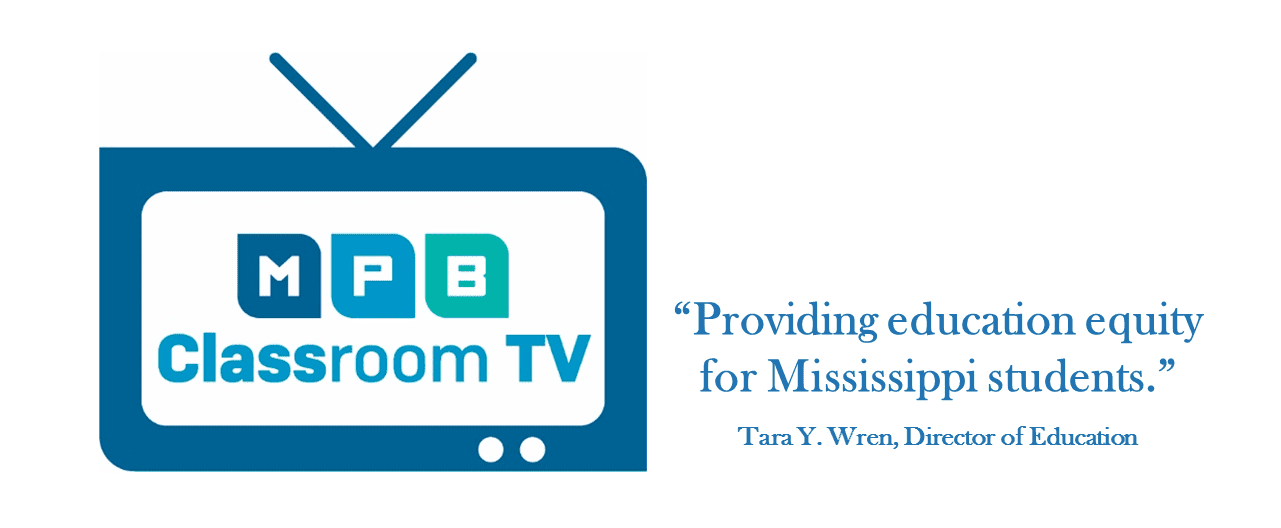
Mississippi Public Broadcasting Classroom TV
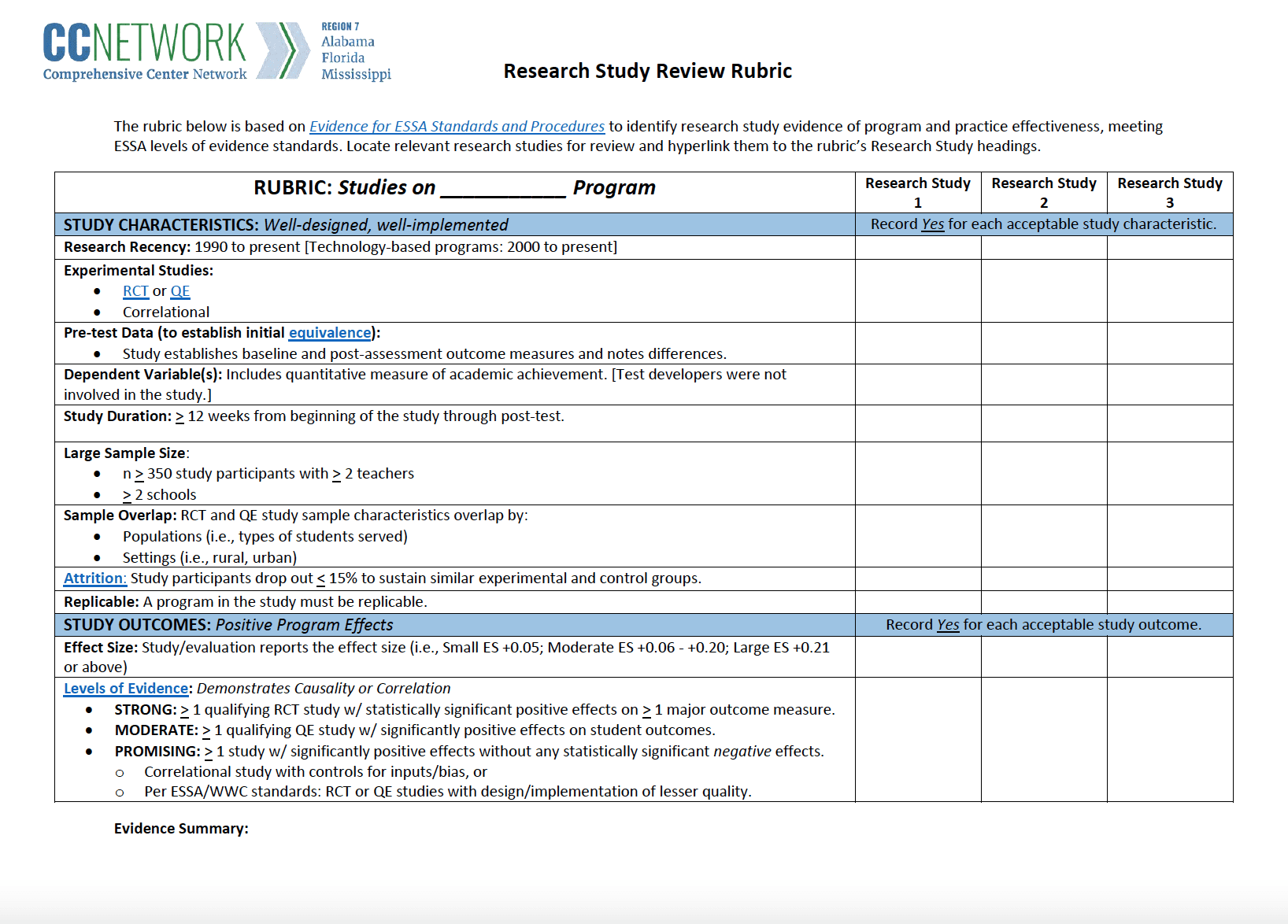
Research Study Review Rubric
The Alabama Coaching Framework
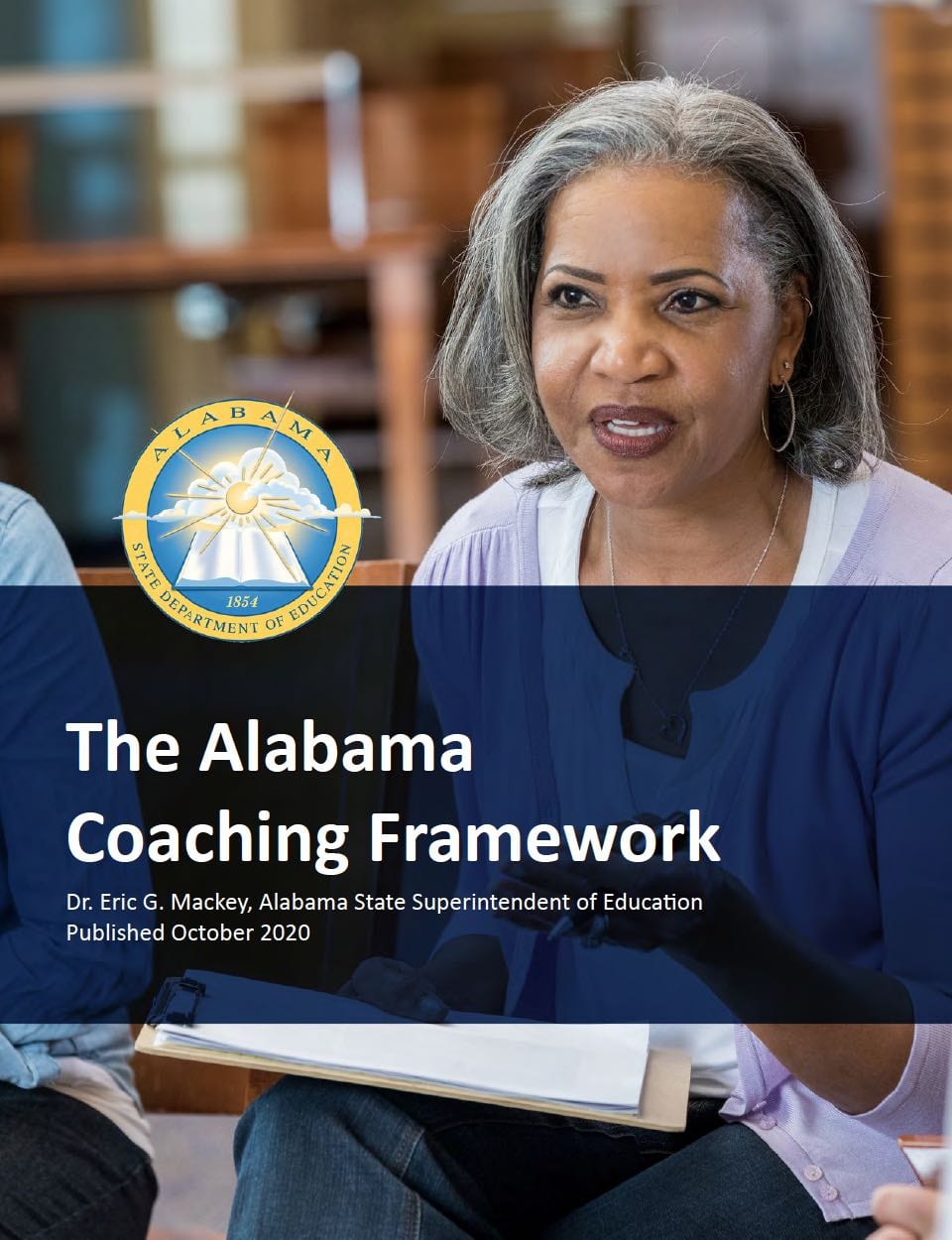
Content Start
The Alabama Coaching Framework turns superintendent, Dr. Eric Mackey’s vision to provide innovative support to teachers into a reality. The framework sets the standard for how coaches in any content area conduct their work in Alabama. This evidence-based framework includes contributions across various areas of expertise within the state department. The framework was created with Implementation Science in mind, and it incorporates elements of the Alabama Strategic Plan. The coaching framework will be the foundation for the work of Alabama literacy coaches, including English Learner coaches hired through the Alabama Literacy Act to support instruction in K-3. The Alabama Math, Science, Technology Initiative (AMSTI) will use the framework in their work with math teachers as the state builds a system of support with the Teachers in Residence program. The framework also supports Governor Ivy’s STEM Roadmap recommendation to place a math coach in every elementary school in order to provide embedded evidence-based professional learning.
The perspective of the School Improvement Department is included in the framework in order to align the focus of coaching across multiple departments and levels. Underrepresented student populations are not often considered within a coaching framework, but Alabama was diligent to include the voice of special education and specify the importance of coaches’ collaboration with teachers to ensure equal opportunities for all students. Content areas will continue to refine their specific departments and add equitable practices and ideas to the framework as the work expands in the future. Coaches using the framework of best practices will make results-driven, data-educated decisions that enhance teaching and learning in Alabama.
Source
Alabama State Department of Education


 This material is in the public domain. While permission to reprint is not necessary, publication should be cited. This website was funded through the Office of Elementary and Secondary Education (OESE) and developed by the Region 7 Comprehensive Center at RMC Research Corporation. (Award # S283B190023). This website contains resources that are provided for the reader's convenience. These materials may contain the views and recommendations of various subject matter experts as well as hypertext links, contact addresses, and websites to information created and maintained by other public and private organizations. The U.S. Department of Education does not control or guarantee the accuracy, relevance, timeliness, or completeness of any outside information included in these materials. The views expressed herein do not necessarily represent the positions or policies of the U.S. Department of Education. No official endorsement by the U.S. Department of Education of any product, commodity, service, enterprise, curriculum, or program of instruction mentioned in this document is intended or should be inferred.
This material is in the public domain. While permission to reprint is not necessary, publication should be cited. This website was funded through the Office of Elementary and Secondary Education (OESE) and developed by the Region 7 Comprehensive Center at RMC Research Corporation. (Award # S283B190023). This website contains resources that are provided for the reader's convenience. These materials may contain the views and recommendations of various subject matter experts as well as hypertext links, contact addresses, and websites to information created and maintained by other public and private organizations. The U.S. Department of Education does not control or guarantee the accuracy, relevance, timeliness, or completeness of any outside information included in these materials. The views expressed herein do not necessarily represent the positions or policies of the U.S. Department of Education. No official endorsement by the U.S. Department of Education of any product, commodity, service, enterprise, curriculum, or program of instruction mentioned in this document is intended or should be inferred.